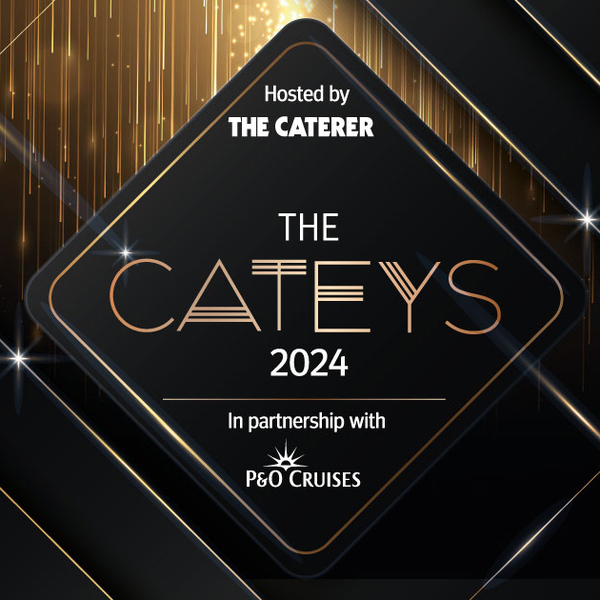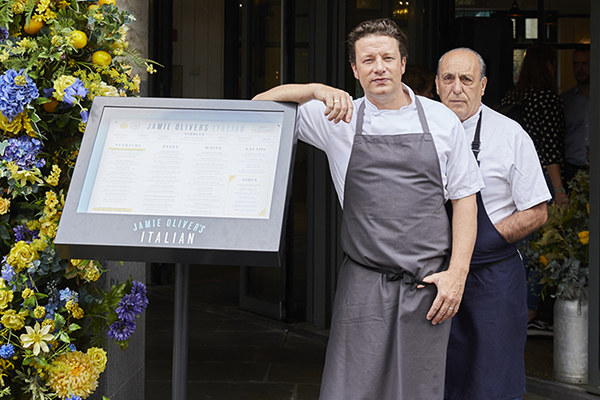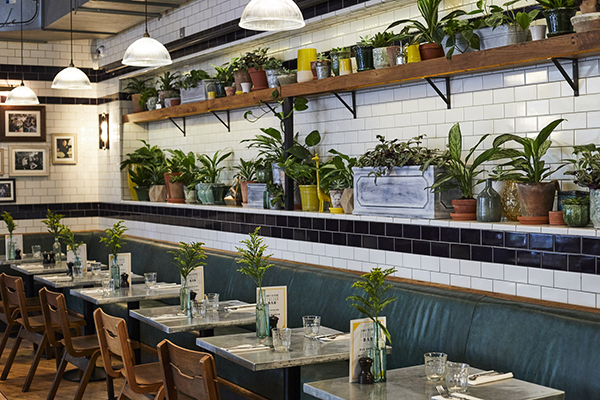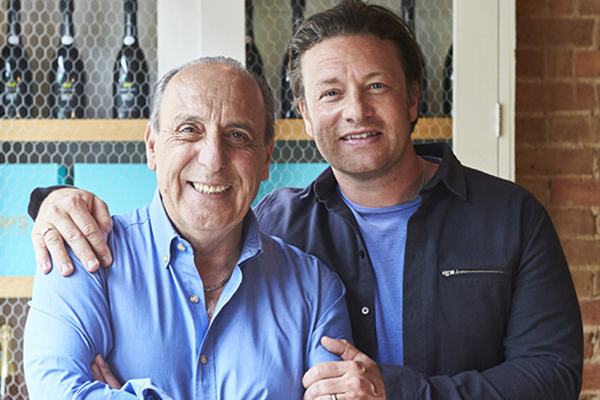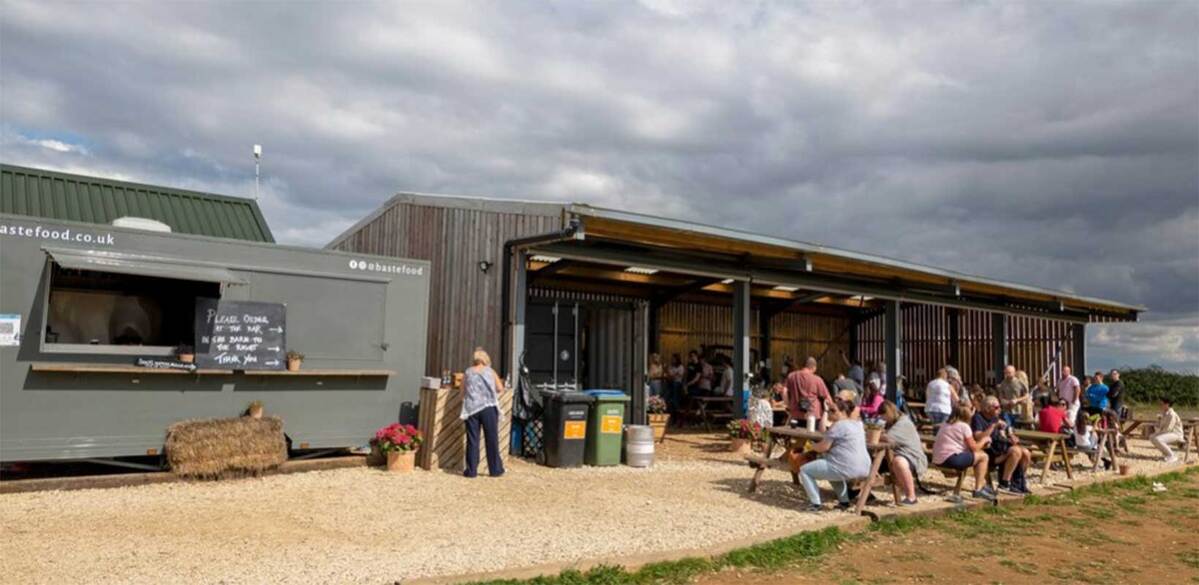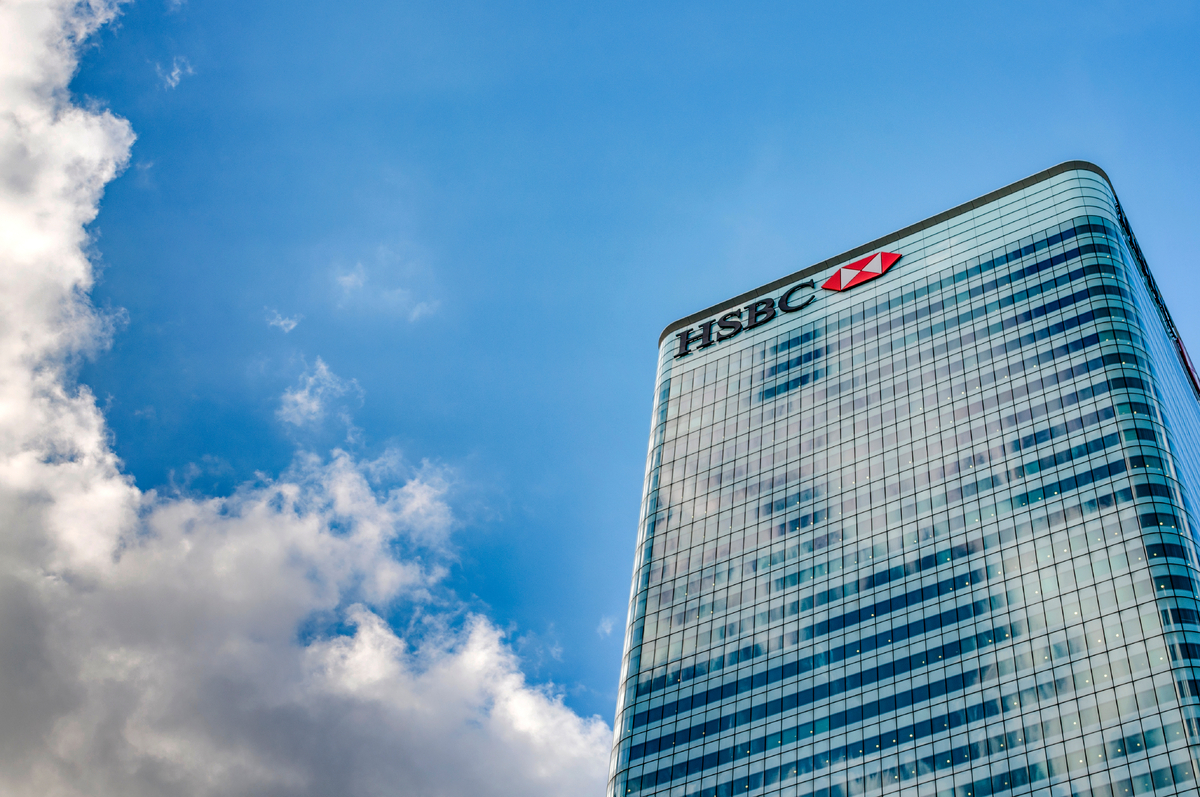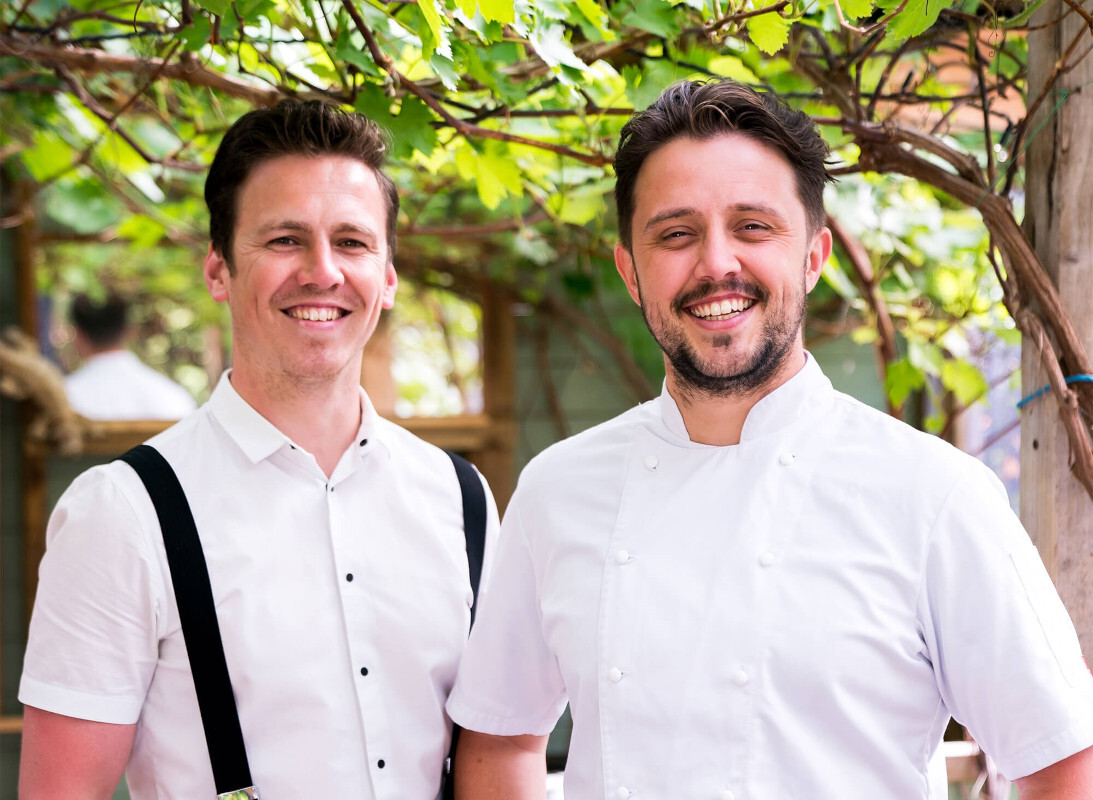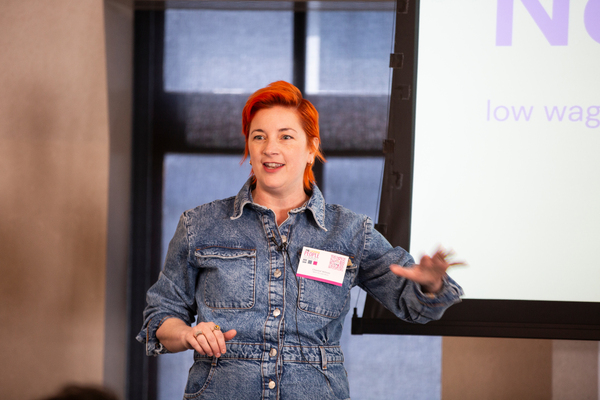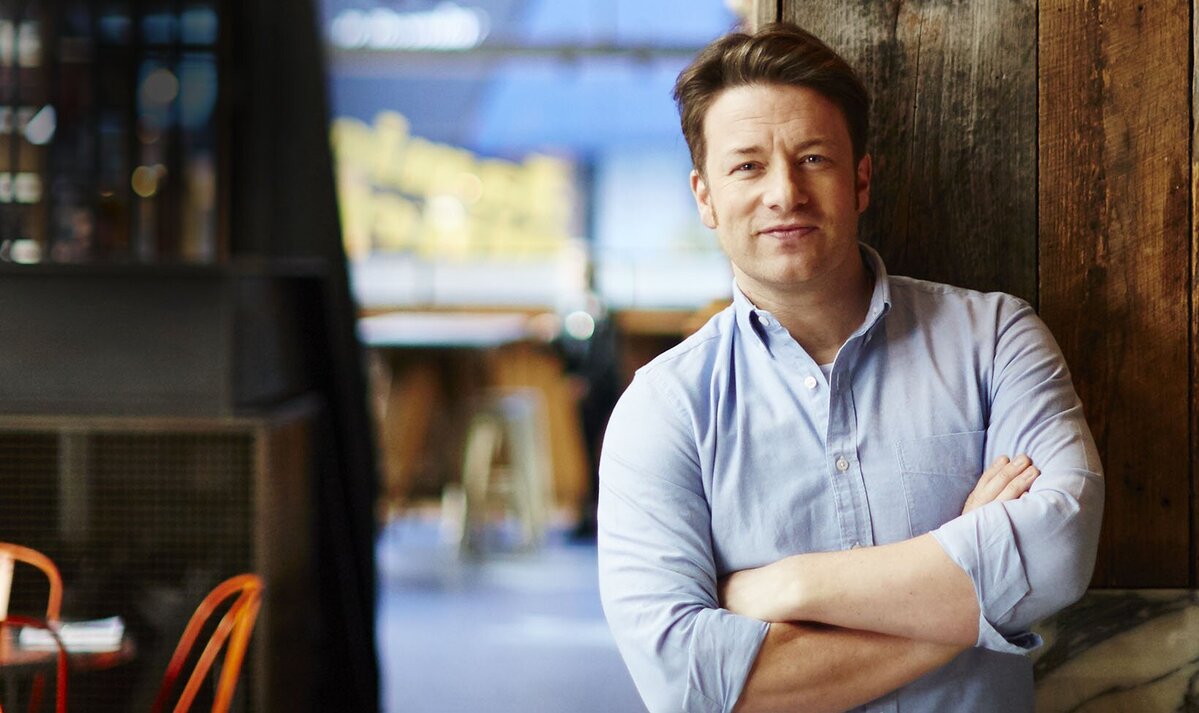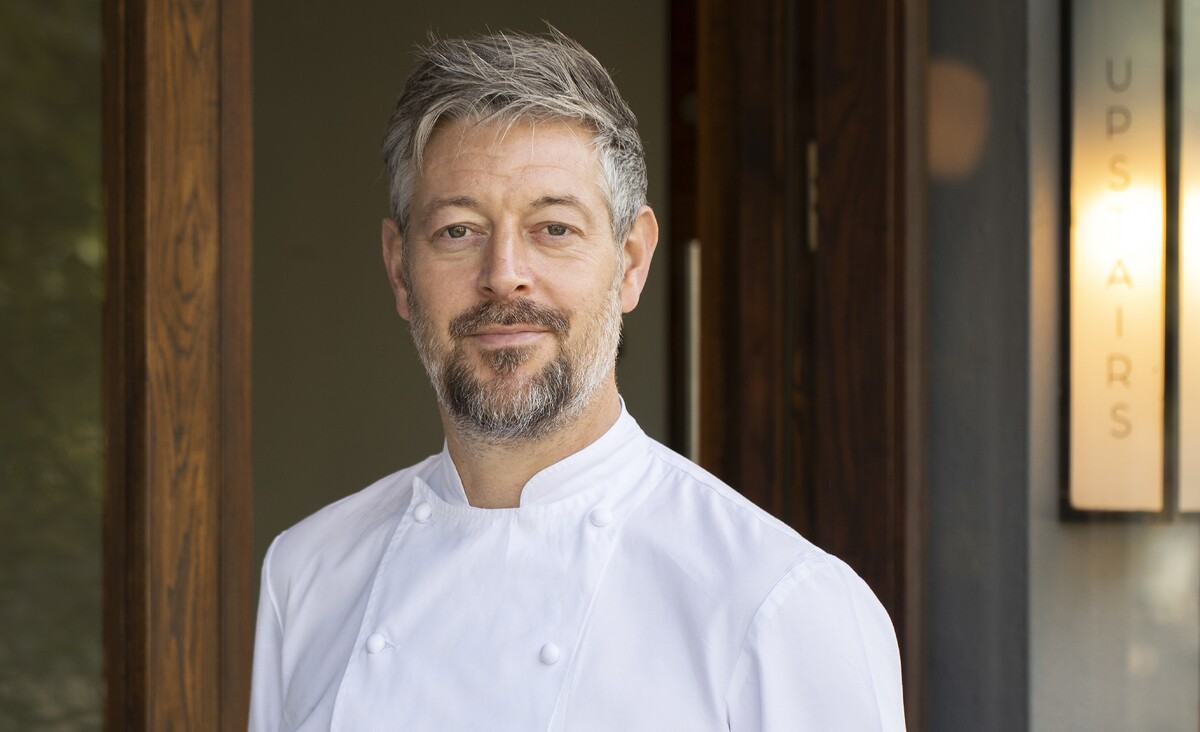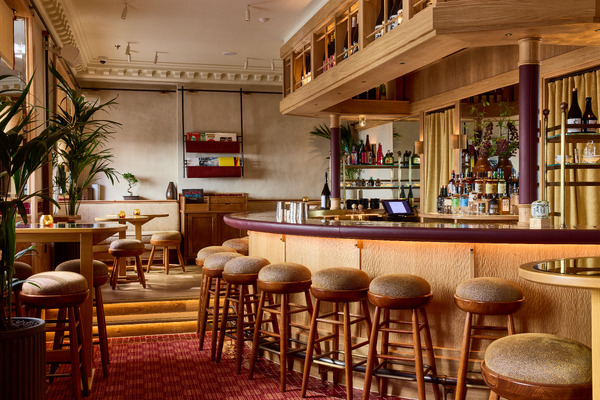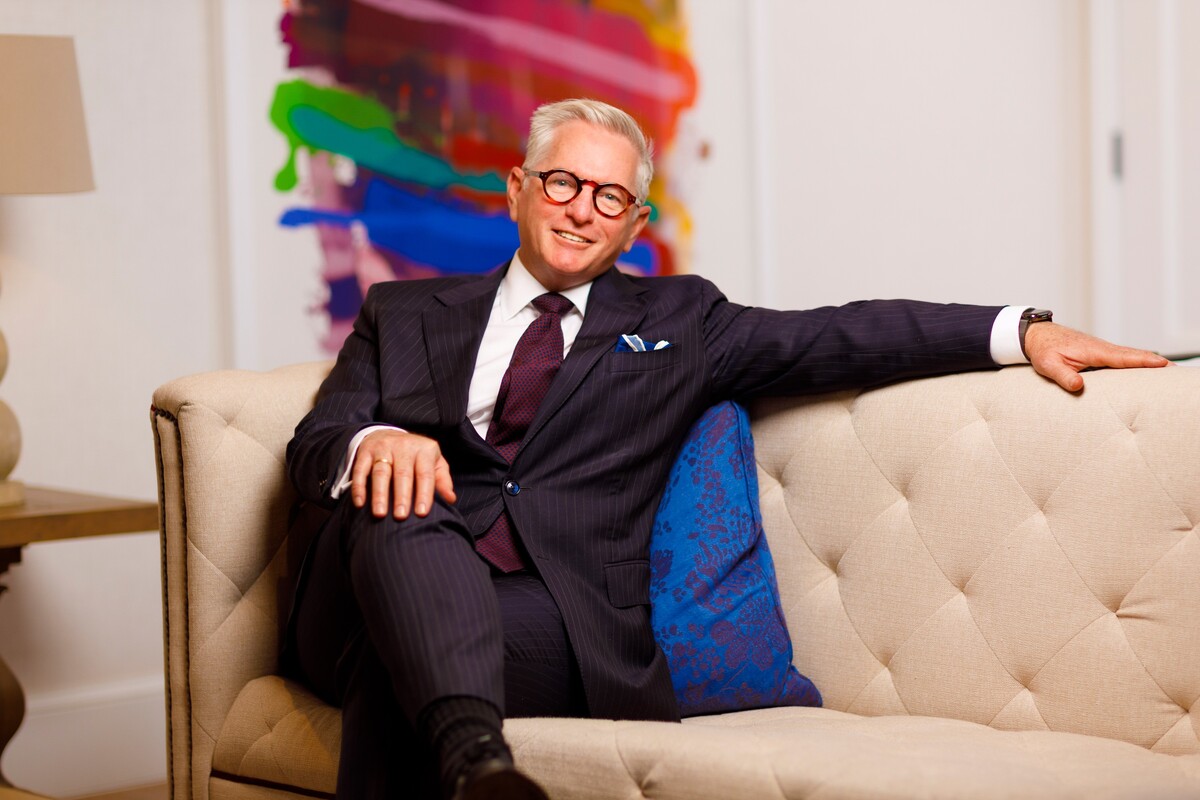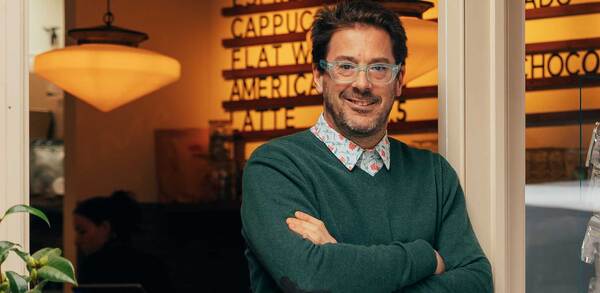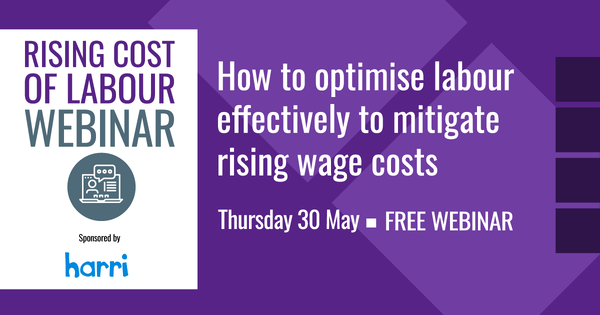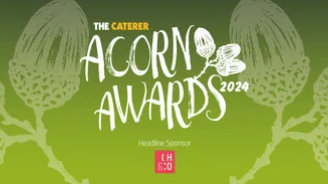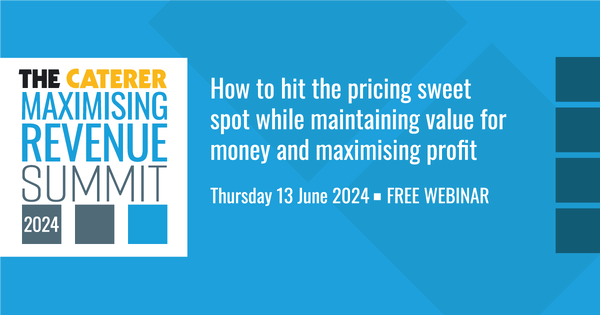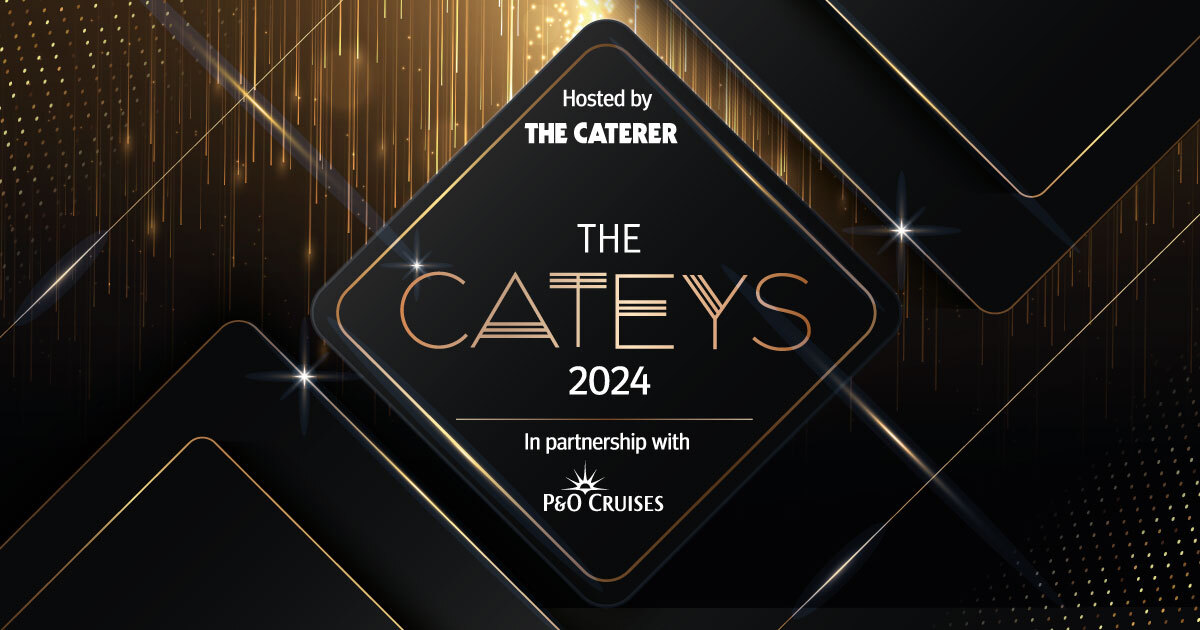Jamie Oliver and the casual dining crunch: "I hope we never ever go through this again. I don't know if I could hack it"
Jamie Oliver has been one of the UK's most illustrious chefs for two decades, but the past year has certainly been difficult, with attacks coming from both the media and those in the industry. Following the loss of 12 restaurants, the TV star tells Emma Lake that the industry needs to come together to create a little more camaraderie
Oliver says: âFor you, itâs an interesting time. Iâm living it, and itâs been the hardest, darkest, toughest, most emotional rollercoaster ever. I hope we never ever go through this again. I donât know if I could hack it.â
The celebrity chef had piled more than £10m of his personal savings into Jamieâs Italian before pursuing a Company Voluntary Agreement (CVA) in February, which resulted in the closure of 12 restaurants.
He was also forced to close Barbecoa in Londonâs Piccadilly and buy a second Barbecoa outlet near St Paulâs Cathedral out of administration.
The news generated countless headlines â" including in the pages of The Caterer â" with no shortage of people ready to advise on why the chain was struggling. JD Wetherspoonâs boss Tim Martin told the i newspaper that Oliver was guilty of âarroganceâ and needed to realise he could not âsell simply by being a celeb on the tellyâ, while Martin Williams of M Restaurants added that the failing chain restaurants were âdevoid of personalityâ, as he made a bid for Oliverâs Barbecoa sites.
Whatâs clear during our interview is that Oliver has found the past 12 months very painful. He cares about the response from some of those in the industry he grew up in â" the chef was raised in his parentâs Essex pub, which he describes as a âproper Anglo-French, regimental kitchen, where this fucker [The Caterer] came every weekâ.
He explains: âI went early on the CVA because I felt it was the most honest thing to do and I didnât have any levers left to pull. I wasnât going to pull the levers of shit produce; Iâd die before that happens.â
The casual dining crunch, as it has been dubbed, came as a surprise to Oliver, as did the reactions of some people from all sides of the hospitality industry.Â
He continues: âI could never have guessed what would happen to my industry five years ago. I could not contemplate losing 12 restaurants. I could never imagine the behaviour â" good and bad. Iâve never seen such horrible, filthy, evil behaviour from counterparts in the same industry who were in different ways  benefiting, enjoying and adding fuel to the fire.  Iâll never forget that.Â
âAt the same time, the good. Oh my god, the good. Suppliers doing the opposite and saying âHow are you? Are you OK? What are your payment terms? Do you want three more months? We believe in you.â
âI had one half of the industry saying if you donât guarantor a million-and-a-half quid and your personal home in 24 hours we stop serving you on Sunday, which would have forced the whole company into bankruptcy, but at the same time I had David Gleave of Liberty Wines phone up and say âwhat do you need, Iâm here for youâ. We need more people like David giving you some blood, giving you time and trust and the worth of their experience.â
But both Oliver and Jon Knight, chief executive of the chefâs restaurant group, have acknowledged that the restaurants failed to keep step with the chefâs more agile media company as well as the conditions on the high street.
Now, with the loss-making sites disposed of, rent cuts agreed and creditors â" aside from Oliver himself â" paid, his team are working to ensure the restaurant business returns to profit in a way that is sustainable.
Oliver, who says he has never earned a penny from the restaurant group, explains: âWeâve used everything and more to save the restaurant business. Weâve saved 2,500 jobs, give or take, and I think Iâve done the right thing.â
In the months since, many others have sought CVAs and the crisis on the British high street has faced much analysis. Rising business rates, rents and food prices alongside national minimum wage increases, the apprenticeship levy and the weakening of the pound following the Brexit vote are among the factors conspiring to reduce the already thin margins of hospitality businesses.
Asked if he is lobbying government about the situation, Oliver explains that he âcanât campaign for everythingâ, adding that his priority remains âthe huge amount of workâ his company puts into child health initiatives. But, following his experiences, he does feel the industry needs to come together.Â
The chef says: âSurvival is a priority for most at the moment. If it isnât a priority for you, then god bless you, congratulations, but the industry is in a very fractious time and weâve got to come together because we all need a break.
âAre people going to the high streets? Seemingly not. We need to react to that quickly and get people back in and fired up. Britain is interesting because of restaurants, pubs, clubs and bars. Britainâs not interesting because of government. If most of us could go back to the beginning and say, âwhereâs the best place to make a few quid with the least amount of pain?â, no one with what they know would go into the restaurant industry, so it has to be about more.
âPeople forget that camaraderie is really important. We canât just be obsessive about small businesses being great: small, medium and large businesses have to be great, with shared values around best practice. If itâs a race to the bottom, Britain will become America. Iâve lived in the most unhealthy town in America and you donât want that. That race to the bottom is not what I grew up with and itâs not what this [the chefâs business] tries to foster. We must get back to this idea of camaraderie; we must go back to having each otherâs backs.â
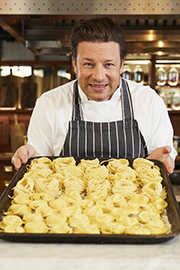
The chef says the launch of the book âwasnât as strategic as it looksâ, and it had been delayed by 18 months with 5 Ingredients â" Quick & Easy Food taking its original publication slot.
He explains: âIt does look like Italy was cute, but thatâs luck, although definitely cute. It took me a few years to get the series away; two and a half years to make the show, which was completely over budget, but thatâs life. Weâve caught a bit of history; we were there to find the last generation of old-school nonnas who didnât have electric gas, supermarkets, etc. These girls are dying and as cute as the nonna concept is, you canât rush it, you canât force it.â
While the book, and the revolving specials taken from it, are helping the restaurants, the chef acknowledges that there is a lot of work to be done. He explains: âWeâre refocusing to look at the territory and ask, what does Cambridge need? What does Manchester need? Actually, they all need something quite different.Â
âAs weâre redefining our high streets we need to redefine our four walls; who we are, what we are and why. If I had some spare money, I would refresh some Jamieâs Italians, some of them into incredible pubs. Weâve got some buildings that are just the most quality buildings in the city; five, six, seven years on, we need to readdress what those cities need.
âNow that spring cleaning is done, we need the bank fully on board â" weâre nearly there â" and I need to work out whatâs the future.â
Next year will be the 20th anniversary of Oliverâs breakthrough into the public domain as the Naked Chef. His front cover for The Caterer in 1999 saw him in the first flush of fame, after being spotted during the filming of a television documentary at the River Café, where he worked at the time.Â
The intervening years, described by the chef as âan amazing journey and incredible marriage to the British public,â have seen him pursue a prolific number of projects, some successful, some less so â" he once said that 40% of his ventures have failed.
It is undeniable that Oliver has had and continues to have a huge influence on the countryâs culinary landscape. His media group had its best year ever last year, both creatively and commercially, reporting pre-tax profits of £5.4m.Â
5 Ingredients was his best-selling release to date, while Jamie Cooks Italy is fifth in Amazonâs bestseller list across all genres. On top of this, the licensing and endorsement side of his business made £7.3m last year.
Oliver says that âeverything and moreâ has gone into saving the restaurant business and he remains determined to make it a success: âI am very, very committed and I believe in it, so itâs nice to see those green shoots.â
What we learned from the Italian nonnas
Oliver says: âWe wanted to go and meet these nonnas and hear their stories. Iâm still thinking about what I have learned. I think itâs about gratitude to food and not trying to be romantic about it. We have to look to these girls because of what they had to put up with â" food wasnât cute, it wasnât niche, it wasnât middle class, it wasnât luxury, it was life or death. Most of the nonnas we cooked with started cooking when they were six or seven; by seven or eight they were cooking for their families many days a week over an open fire.â
Contaldo adds: âThey made it look easy, but you have to remember these nonnas used to cook on charcoal. There was hardly anything, everything was precious. In summertime you had the best time because you could forage for everything and collect everything and then preserve things, because if you didnât you would probably be starving come winter. It was nice for me to hear their stories. Iâm quite old, but some of these nonnas are 20 years older and they told the stories of things I never experienced because I wasnât a child after the war and I didnât see the poverty. I was born five, six years after the war, but these nonnas saw some incredible hardships.â
Oliver explains: âWhen you look at these nonnas, thereâs so much to learn. One thing is that kids are amazing and can do amazing things. Of course they can use and respect a knife, and if they grow up growing and picking great food, the outcome of that is a human that is fit to flourish in food and health, whether rich or poor. That feels like the most democratic, amazing thing in the world. Thatâs what is important for us to see from them. They were amazing; we didnât plan to work with the nonnas for so long or to laugh and cry so much.â
